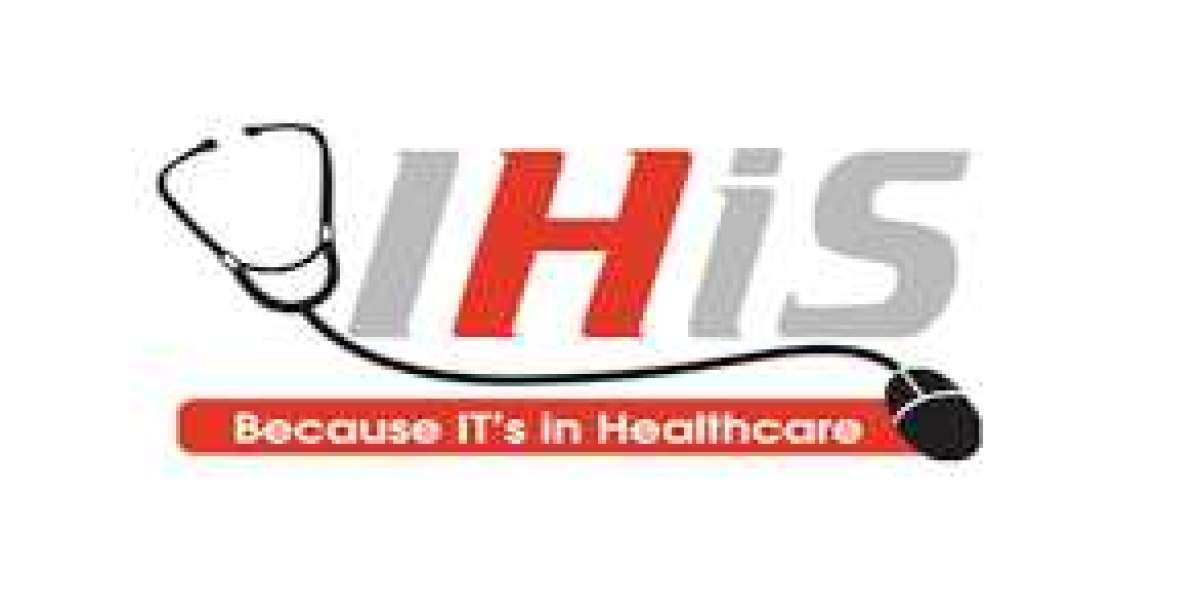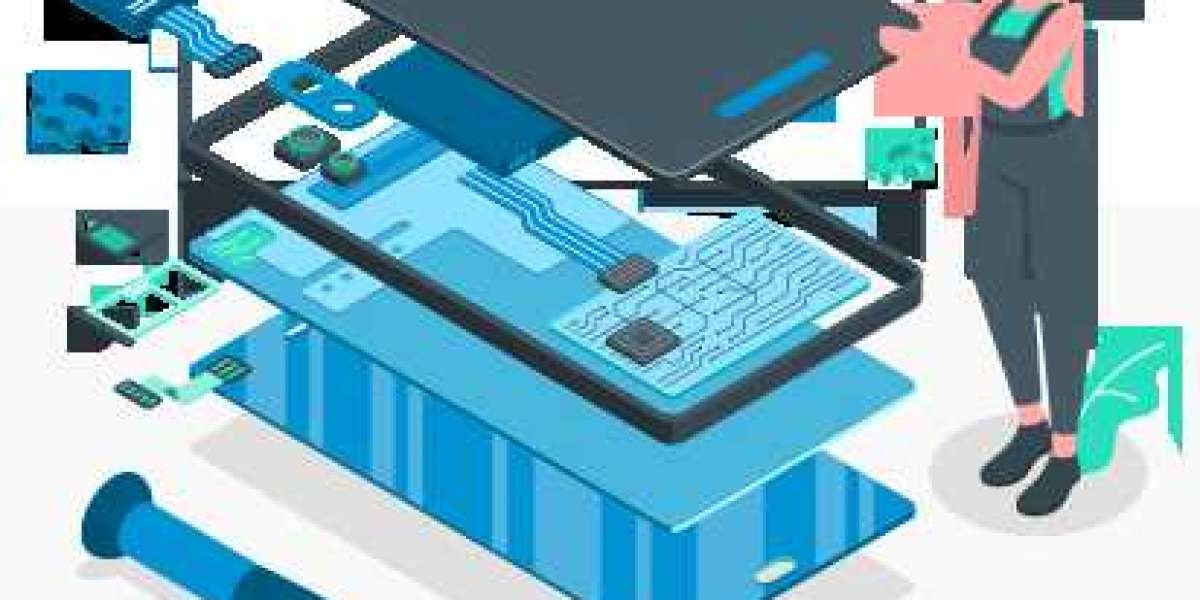With the development of information technology, intelligent health has gradually come to the fore. It uses a new generation of technologies to transform the traditional medical system in an all-around way, making the healthcare sector more efficient, convenient, and personalized.
It's changing how patients are treated with telehealth, remote care, and health monitoring technology connecting patients and doctors like never before. Here are examples of ways that smart healthtechnology can enhance the patient experience, improve proactive care procedures and make for a healthier world.
Remote monitoring of patients' healthcare is a growing trend that goes beyond traditional healthcare and into mainstream culture. Smartwatches and fitness trackers have become standard for many people, monitoring health factors like heart rate, blood oxygen, and irregular heartbeat.
In healthcare, providers are turning to devices to help patients by monitoring their conditions and making proactive care choices based on data trends and predictions. For example, connected inhalers are an intelligent technology in healthcare that saves lives by helping patients track usage and reminding them when to take a dosage to maintain a healthy schedule. If this is not enough, it allows doctors to monitor seniors' health using technology.
Connectivity can significantly increase emergency care's efficiency and response items, which can be the difference between life and death. With modern healthcare innovative technology, it’s possible to share data between ambulances, physicians, first responders, and accident and emergency departments reasonably, allowing for a real-time response.
This is possible because of newer technology that enables faster communication with doctors inside ambulances and quicker patient histories. Furthermore, it allows for more accessible hospital admittance with history and other established conditions. On arrival, doctors can already have patient data on hand, including vital signs, blood pressure, heart rate, and temperature.
Smart technology in healthcare is changing the game in more ways than just one. With more monitoring treatment options available to more people, physicians can use data, artificial intelligence, and other innovative new tools to make a more proactive, data-driven approach to healthcare.
Most importantly, to transform the traditional treatment options and approaches into more advanced strategies. This is easy to see with smart health used for eldercare in Singapore to help change their lives for the better.








